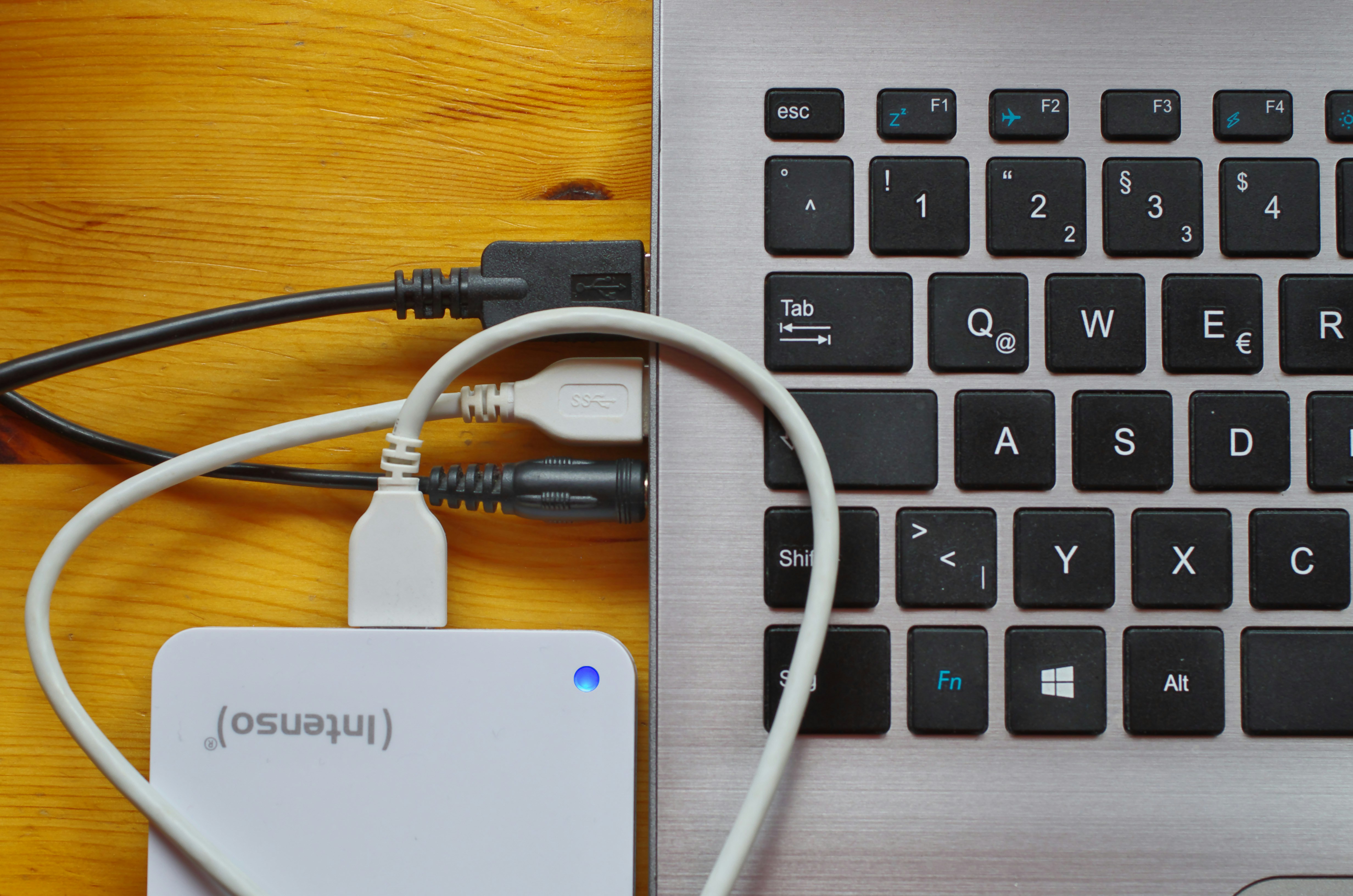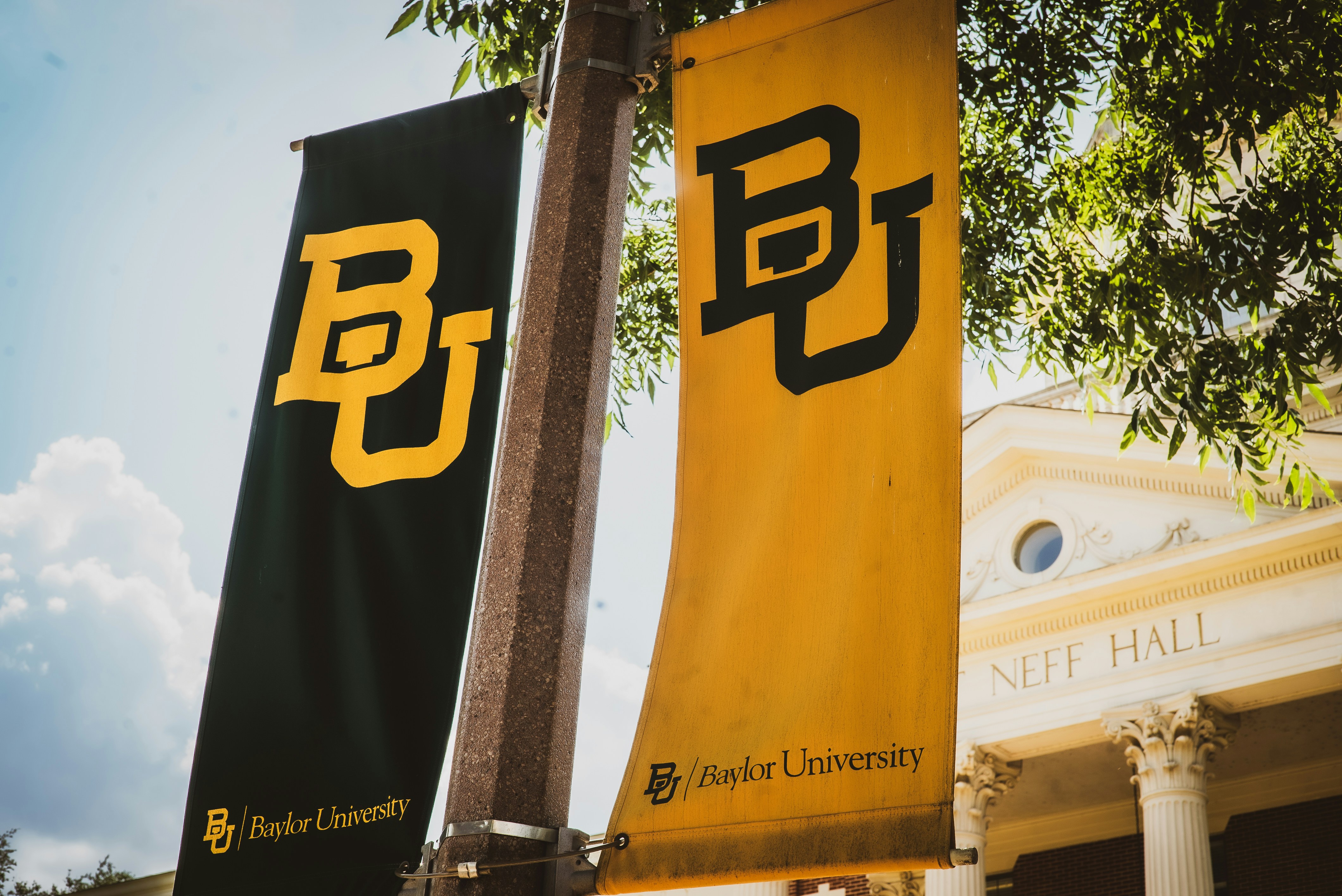
MLB Players Inc. v. DraftKings is Heating Up

The MLB Players Inc. v. DraftKings lawsuit is currently heating up in the Eastern District of Pennsylvania. New developments have created an environment where professional athletes’ name, image, and likeness (NIL) rights could be substantially changed.
To summarize the case, Major League Baseball Players, Inc. (MLBPI) is the licensing arm of the Major League Baseball Players Union. As the licensing arm of the players' union, MLBPI is granted the exclusive right to license and sublicense the NIL of MLB players for commercial purposes. DraftKings is one of the most popular sportsbooks in the United States.
In September 2024, MLBPI filed a lawsuit against DraftKings and other sportsbooks regarding the use of their player pictures and information alongside the sportsbooks prop bets. MLBPI claimed the use of the players’ pictures violated both the players' right to publicity and their right to the use of their NIL. As previously discussed in our last blog post on this case, case law on the use of player data and likeness has typically favored sportsbooks and other commercial services because courts have determined that the information provided is newsworthy and helps bettors stay informed.
Citing the previous case law, DraftKings filed a motion to dismiss the complaint, contending that MLBPI both lacked the standing to bring claims on behalf of their players and that DraftKings' use of the players' NIL was allowed under the reporting news exception and the First Amendment.
In ruling on the motion, the court found DraftKings swung and missed on its standing argument. Stating that MLBPI did have the right to bring claims because the right to publicity was properly transferred by the union player members to MLBPI.
However, the court chose not to rule on the issue regarding whether the sportsbooks use the players’ NIL. The reason for not deciding on this issue was not only because the issue was deemed to be premature, but also because the court believed that DraftKings’ use of the athletes' NIL needed to be further examined with analogous public interest exceptions.
The decision to examine MLBPI’s claims could lead to findings that favor change. Given that college athletes have recently seen radical changes allowing more control over their NIL rights, this could be an opportunity for the courts to allow professional athletes to assert more control over theirs.
It is important to mention college sports NIL in this context because some of the largest changes to college sports NIL came in response to a court's examination of NIL rather than the court’s determination on the case. Meaning that in this case, an examination of NIL issues could potentially lead to substantial changes to professional sports NIL, even if the outcome of this case is not favorable to MLBPI.
Specifically, comments made by Justice Kavanaugh in his concurring opinion in Alston prompted the NCAA to change its NIL policies without being required to do so. Considering this precedent, if there are compelling enough findings in this case to warrant changes to MLBPI’s or DraftKings’ policies, there is a significant potential for changes to be made.
DraftKings appealed the court's ruling on the motion, and that appeal has since been denied. Now, the court will have the ability to provide needed guidance on the use of professional athletes' NIL rights in commercial spaces, such as sportsbooks.
As this case proceeds forward, we will be sure to keep an eye out for more updates on potentially groundbreaking movement for professional athletes' NIL rights.
Mark Klein is an Associate Attorney at Goss Law Group. Mark assists clients with business law, intellectual property, and NIL issues.

.png)





.jpg)







































